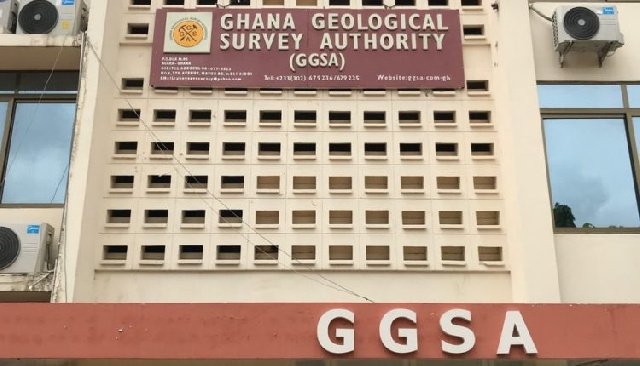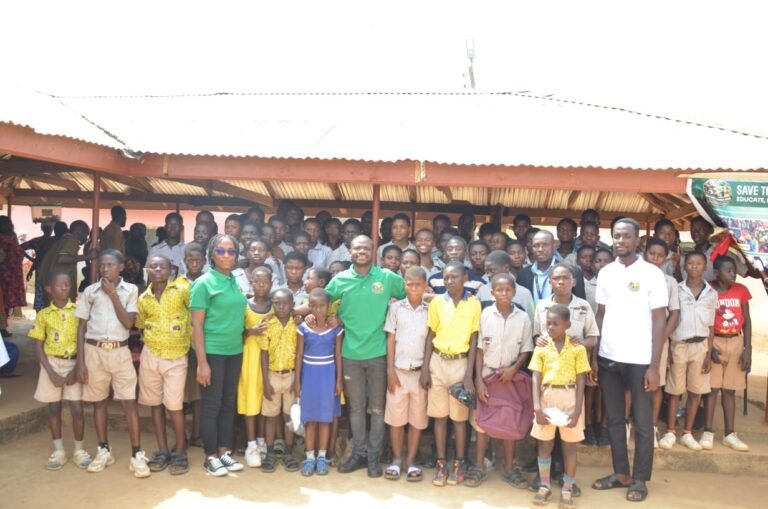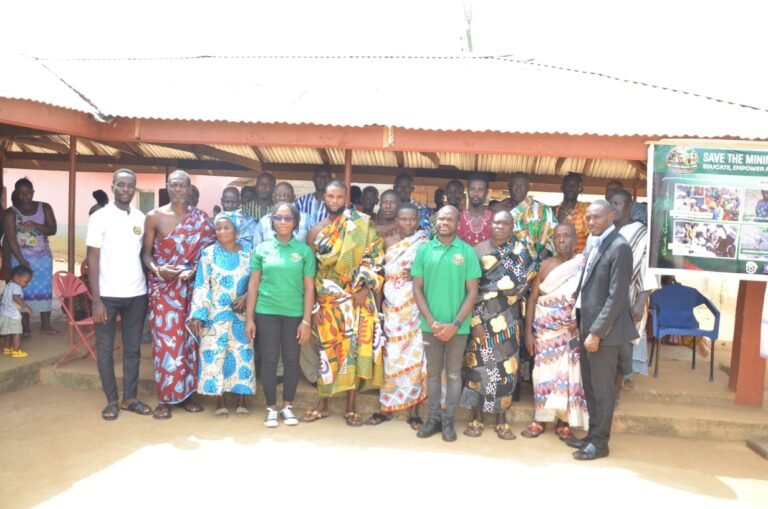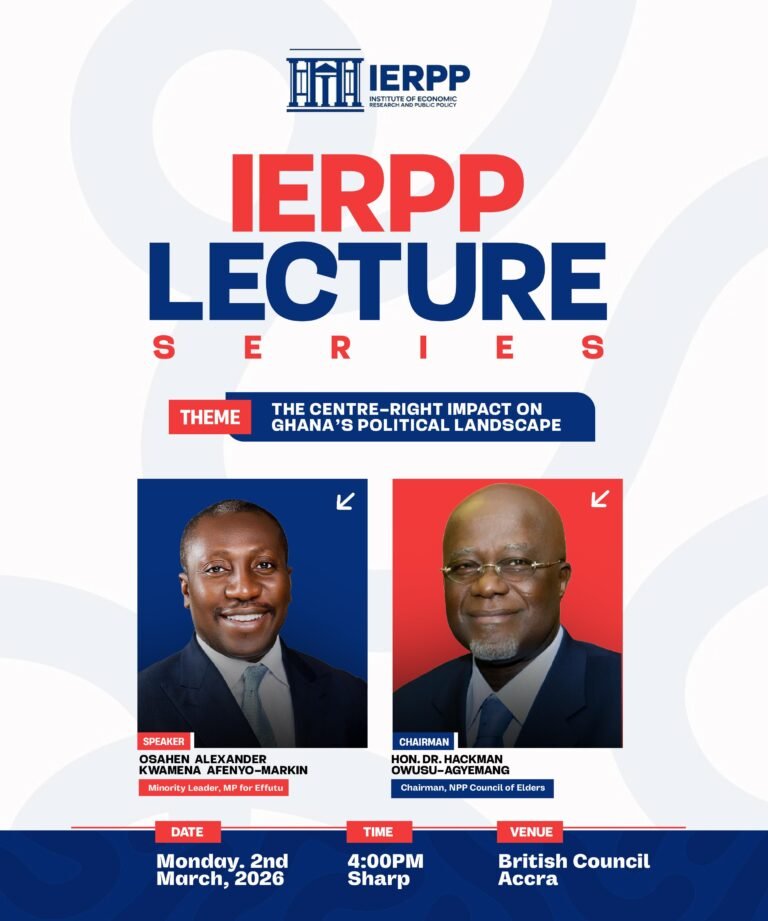
 Research and studies conducted in our part of the world have, more often than not, landed on shelves. The best results are cited by academia for profit in securing more projects that benefit a certain segment of the population than such research or study programmes impacting holistic development and improving lives and livelihoods.
Research and studies conducted in our part of the world have, more often than not, landed on shelves. The best results are cited by academia for profit in securing more projects that benefit a certain segment of the population than such research or study programmes impacting holistic development and improving lives and livelihoods.
It is on record, for instance, that while the Food Research Institute has on its shelves a wonderful array of data that should normally transform the food security and processing sectors, a good deal of the data lies unimplemented.
That is a sorry situation we have on our hands as a people and government that we must collectively address as a matter of moral obligation.
Transformational
That the Ghana Geological Survey Authority (GGSA) is currently engaged in unveiling series of planned research projects and collaborations to expand Ghana’s mineral base beyond its conventional focus on gold, bauxite, manganese, diamonds, among others, is commendable and deserving of attention.
At least, such commitment cures the nagging scourge of funds being invested in projects and programmes, without such worthy enterprises impacting livelihoods among economic actors, and spurring economic growth at national level.
As indicated by the authorities concerned, these programmes will help diversify the country’s mineral base.
This is done through recognising the need to explore alternative resources beyond the traditional sectors that have long been the cornerstone of the country’s mining industry, tapping into them and supporting the manufacturing sector to access relevant data to produce in quantities that truly transform the sector to deliver jobs. .
Global partnerships
To note that one of the key research projects the Authority is undertaking is hinged on Columbite-Tantalite, a mineral associated with pegmatite formations, is also refreshing.
It is refreshing that the presence of these intrusive rocks present opportunities for economic exploration to ascertain their potential value across different regions of the country.
Again, this is healthy news, considering the potential of such research data to create economic opportunities for businesses and job seekers across all communities – at a time job creation has become a critical issue.
It is further refreshing that the Authority is committed to sustaining its programme of exploration of lithium, further trying to ascertain if certain pegmatite formations also harbour lithium mineralization, in addition to research into Rare Earth Elements (REEs) which also have economic and industrial value.
Harnessing clay deposits
Additionally, the GGSA D-G mentioned that the Authority would continue to conduct investigations into clay, recognizing its significance as a crucial raw material for both the ceramic and building industries, particularly in facilitating cement manufacturing.
As rightly pointed out, the cement industry is transitioning from other raw materials to clay usage. So, aiming at exploring and identifying economically viable clay deposits, so that anyone interested in clay mining can utilize them for ceramic industry or cement manufacturing purposes, will be encouraged.
Such initiatives will have to be sustained in significantly reducing the price of cement as well also in accelerating any programme aimed at affordable housing.
No excuse
Ghana has no excuse not to harness its natural resources for industrial and economic transformation, when the Sahel and Sahara are harnessing their scorched earth for industrial and economic gains.
We have no excuse to be excessively borrowing money when we have enough natural resources and minerals that any nation could dream of and latch on to develop its economy.
That is why the Daily Statesman lauds the GGSA for its drive in the hope that its interventions will culminate in tangible results that truly impact lives and livelihoods through coordinated industrial revolution.








